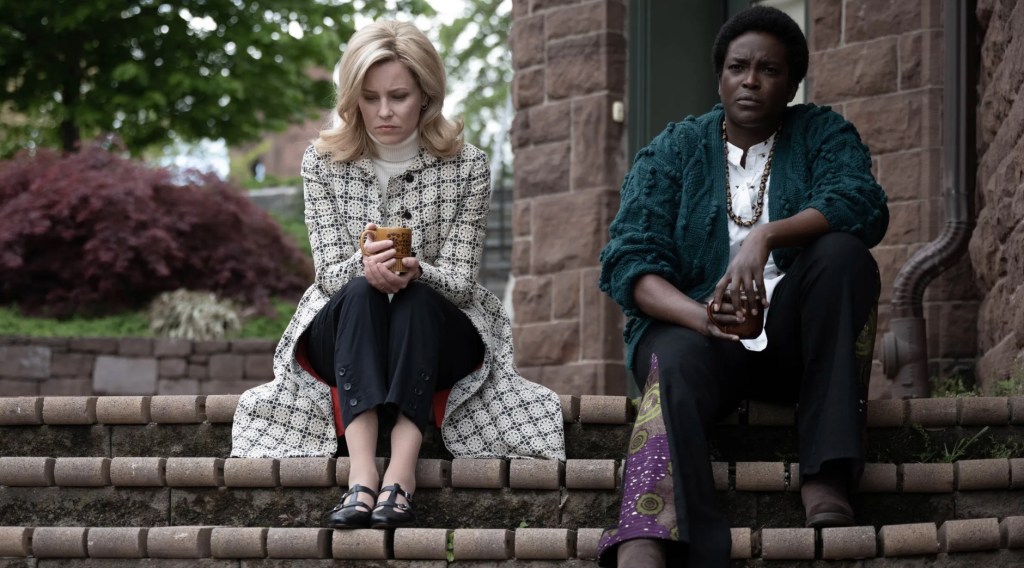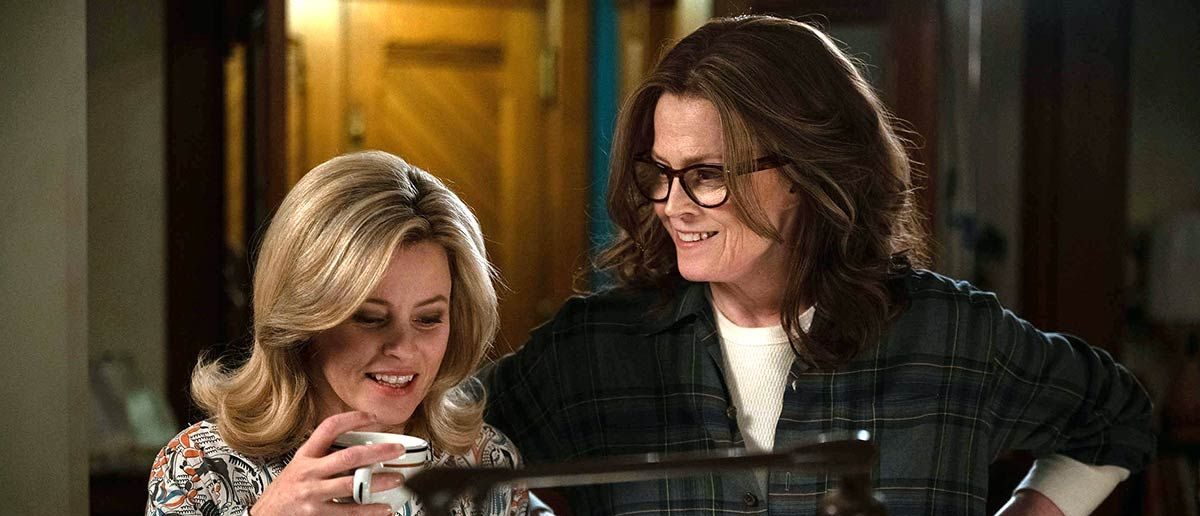Directed by Phyllis Nagy, ‘Call Jane’ centers on Joy, a woman who fulfills the duties of a traditional housewife in the 1960s. Her second pregnancy comes with a threat to her life, and due to abortion being illegal, she finds a second option. She consults with the Janes, an underground group of suburban women who can provide risk-free abortions to Joy and many others like her. The drama movie chronicles the brave tale of women who stand up for each other. If you were moved by ‘Call Jane’ and are eager to know if there’s any truth to the inspiring narrative, here’s all you need to know!
Call Jane: Based on the Lives of True Activists
Yes, ‘Call Jane’ is inspired by real-life the Janes activists, and the film explores their contribution through a fictional lens. Hayley Schore and Roshan Sethi wrote the screenplay, and it reportedly appeared on the 2017 Black List (annual survey of scripts yet to be produced), where it received seven votes. The Jane Collective (aka Abortion Counseling Service of Women’s Liberation) surfaced in Chicago when abortion was illegal in most parts of the US. Heather Booth, along with other activists, started the underground service in Chicago, Illinois, around 1965.

Abortions were handled by untrained people since they were illegal, but the Jane Collective stood for providing a safe, medically sound, and affordable solution to women. ‘The Janes’ is an HBO documentary that brought several facts about the group into the light. For example, “Jane” was used as a code word for these activists. They advertised in less-known newspapers with the tagline, “Pregnant? Don’t want to be? Call Jane.” In this manner, they provided access to safe healthcare to more than 11 000 helpless women.
Elizabeth Banks essays the character of Joy in the movie, and she gave an insight into how she perceived the script and the fictional elements in an interview. She revealed, “I knew nothing about The Jane Collective when I read this film. This script was my introduction to their work and learning about them after the fact, how many procedures they performed successfully, and how they took control and took it into their own hands. I found them to be incredibly brave as a group of women.
Elizabeth added, “And I love that Joy, who’s a fictionalized sort of representation of a woman who may show up to their doorstep, was a way for us to invite many other people into the conversation through Joy’s journey with them.” Moreover, she unveiled the fact that multiple real-life elements never made it to the final cut, such as their threat of being raided, bribing people, and dealing with mafias. Even though these plot junctures were present in the script’s initial drafts, they weren’t built upon.
Elizabeth also spoke about one rule she had for the character, which was not to shed tears after the procedure. She commented, “I said my one rule was I don’t want to cry after the abortion because most women I know are like, ‘woohoo, all right, I can keep on keeping on now.’ And I think that’s what drew me to it. It felt like it was about a decision that for most women is very life-affirming.”
Director Phyllis Nagy also disclosed how she felt when she first came across the script in another interview. It was sent to her by producer Robbie Brenner, and she was awestruck by the story because it was about a collective, which has become increasingly rare, and it depicted the story of powerful women who found a solution instead of accepting their fate.
When asked about the scene that was most challenging to film, she said, “I’m trying to think of one that was funny. There are certain scenes that have a balance of delicacy in the tones, like the first abortion scene and little moments in that which she makes the bed. But if I think of one scene that encapsulates it, it’s the scene following that, where she is taken to the safe house of the Janes and is served spaghetti, and is introduced to Virginia, played by Sigourney Weaver. ”
She continued, “That sense of life just happening with those women around a table and being funny and argumentative, that, I would say, would encapsulate that tone.” The director also praised Elizabeth Banks for her impeccable dramatic performance and her comedic timing, almost as if she was tailor-made for the role. Thus, ‘Call Jane’ is based on the heroism of the Jane Collective, with a fictional layer of Joy’s character, who brings zest and humor to a rather serious narrative. However, it doesn’t portray the grand scale at which this event took place and all the challenges faced by the actual Janes.
Read More: Where Was Call Jane Filmed?


You must be logged in to post a comment.